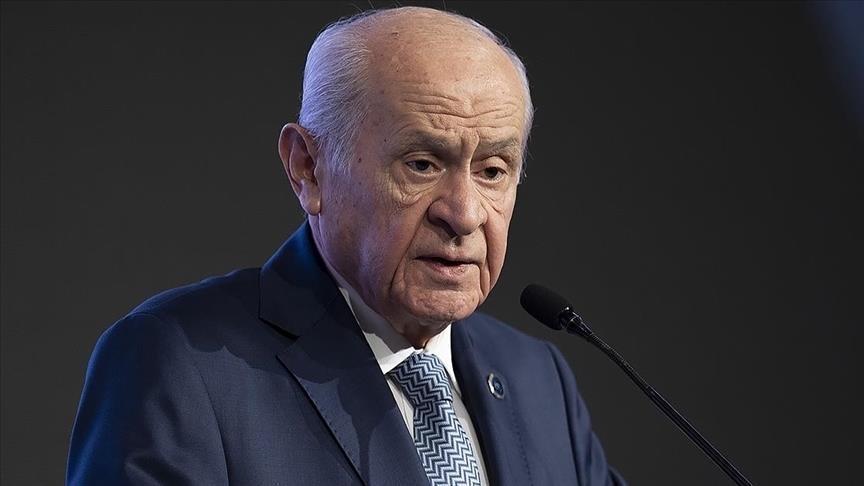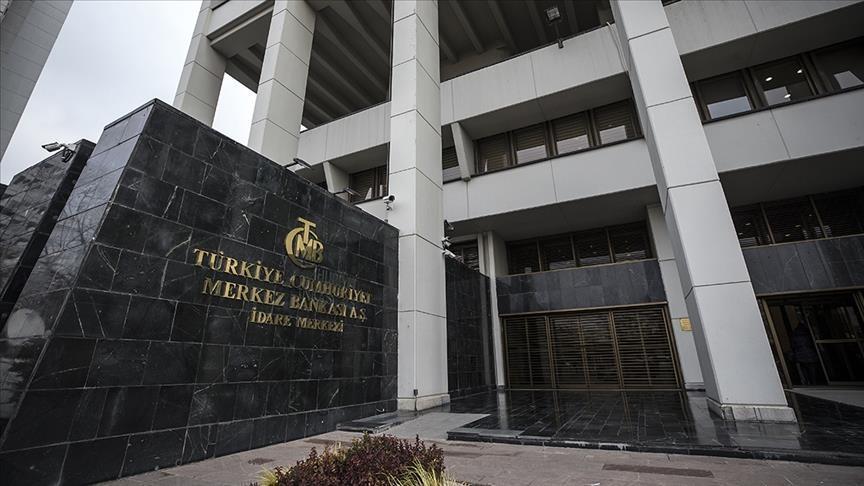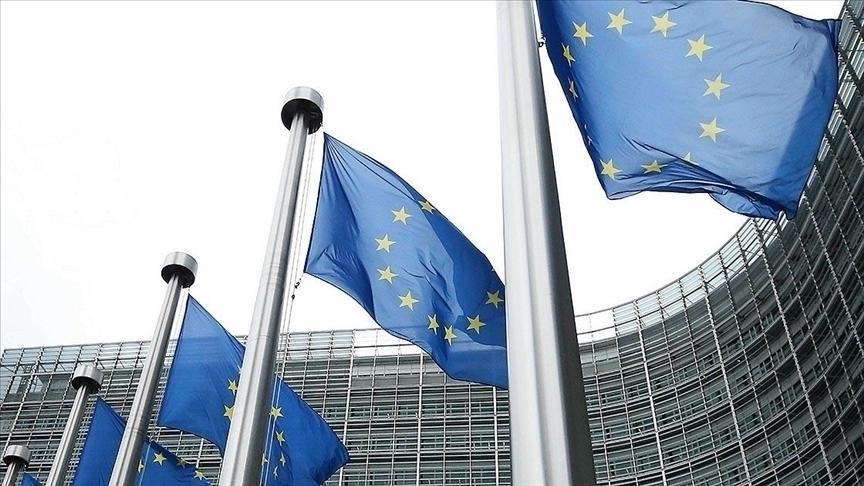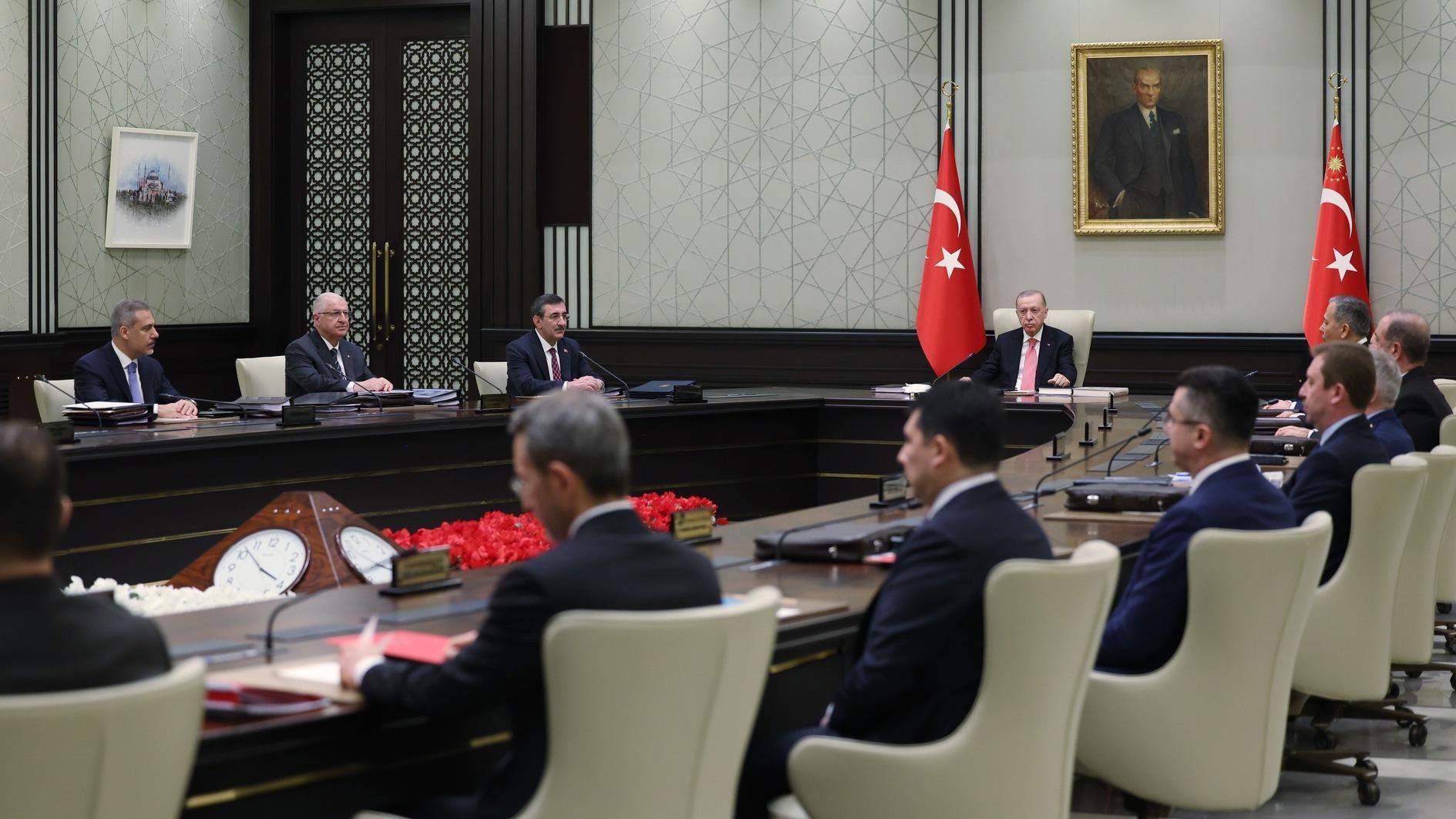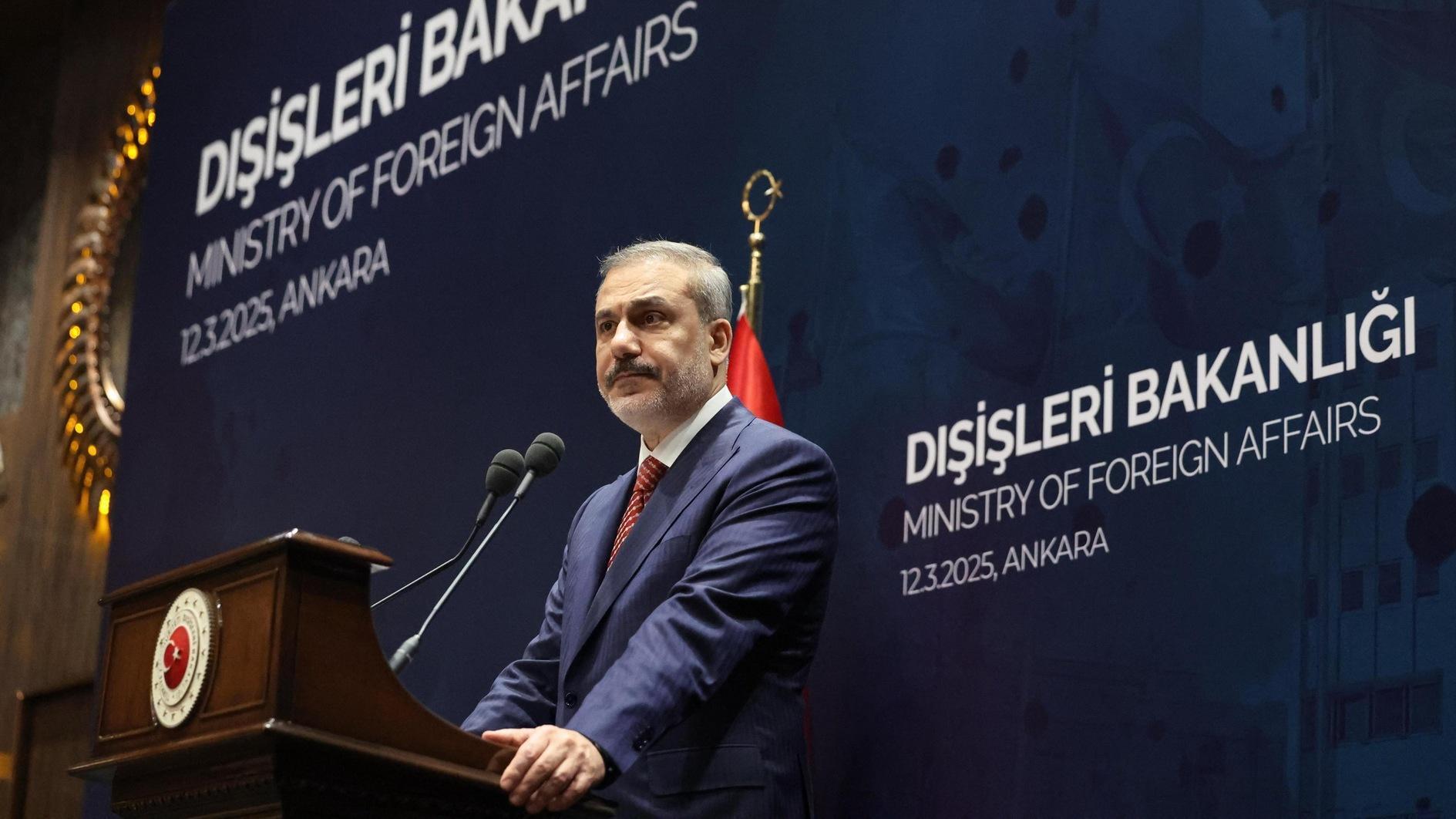Turkey’s Islamists: From power-sharing to political incumbency
BEHLÜL ÖZKAN*
There are two twin myths concerning political Islam in Turkey: First, that a Kemalist regime enjoyed unchallenged authority in Turkey for many decades from 1923 until the 1990s. Second, that Islamists were that regime’s sole opponent during the same period, only achieving victory in 2002. Unfortunately, these myths have informed Turkish Islamists’ view of the Arab Uprisings and are ultimately the main reason why Turkey’s Middle Eastern policy has been a miserable failure.The milieu from which the Justice and Development Party (AKP) emerged – that of political Islam and of former Prime Minister Necmettin Erbakan’s “National View” (Milli Görüş) movement – was not an outsider to the Turkish political system after 1950. In fact, it was itself a proponent and an integral part of that system, with all its attendant flaws: Authoritarianism and a belief that “might makes right.”
The Sept. 12, 1980 military coup was instrumental in paving the way for the ascendance of political Islam in Turkey. It did so both directly, by ensconcing the “Turkish-Islamic synthesis” as Turkey’s underlying state ideology, and indirectly, by crushing the country’s leftist opposition.
Until the end of the Cold War, the Islamists’ rise to power occurred not despite the state’s efforts, but rather with state support. Following the break-up of the Soviet Union, however, this began to change, as Turkey’s Islamists and the Turkish state no longer found common cause in a struggle against the left. Moreover, in the 1990s, the Turkish state faced a series of political crises, such as the Kurdish question, in addition to economic woes fueled in part by corruption. As a result, Islamists ceased to be sharers of power and became the center of political power themselves.
Right from the start of the later Arab Uprisings, the AKP fell prey to the misconception that Islamists would attain power throughout the Middle East, just as they had in Turkey in 2002. The AKP, which has described the Republican People’s Party (CHP) as “Turkey’s Baath Party,” has similarly viewed Syria’s Bashar al-Assad regime and Egypt’s Hosni Mubarak regime as forms of “Arab Kemalism.” However, such parallels clearly fall flat, considering the fact that the CHP has not enjoyed single-party rule since 1950. By contrast, the Baath regime in Syria has been the sole party in power since the 1960s, while the regimes of Nasser, Sadat, and Mubarak in Egypt, as well as those of Bourguiba and then Ben Ali in Tunisia, had a monopoly on power from the 1950s onward.
Four years after the Arab Uprisings it is clear just how naïve it was to expect that the AKP would serve as a counter-model to radical Islam in the Middle East. The AKP differs from its Islamist counterparts in Egypt, Syria, and Tunisia in one crucial respect: Islamist parties in those countries have had little experience of even being allowed to run in elections, let alone forming coalition governments and having government ministers emerge from their ranks. Indeed, the socialist, Arab nationalist regimes in Cold War-era Syria and Egypt saw political Islam, rather than leftism, as a threat that needed to be suppressed. In Egypt, the Muslim Brotherhood was banned from forming a party for a long time; in Syria, the Brotherhood carried out an armed uprising in the early 1980s and was almost completely annihilated by the Hafez al-Assad regime. In Turkey, by contrast, the Islamists have had their own party and have been represented in parliament since the 1970s, enjoying a measure of power at both the local and the national level.
Back in 2011, the AKP declared that it would “establish a new order” in the Middle East, unaware that Turkey lacked the necessary economic, cultural, and military resources for the leadership position it coveted. Now, in 2015, the AKP is in a serious crisis. At present, Turkey has no ambassadors in Yemen, Libya, Israel, Egypt, or Syria. It is currently grappling with the economic and social problems caused by hosting 2 million Syrian refugees. The Islamic State of Iraq and the Levant (ISIL) is effectively in power just across the border. The aspirations of Recep Tayyip Erdoğan and Ahmet Davutoğlu have not only been a foreign policy failure, they have also given rise to major national security problems for Turkey.
* Dr. Behlül Özkan is an Associate Professor in the Department of Political Science and International Relations at Marmara University, Istanbul. This is an abridged version of an original article published in Turkish Policy Quarterly’s (TPQ) Spring 2015 issue.


